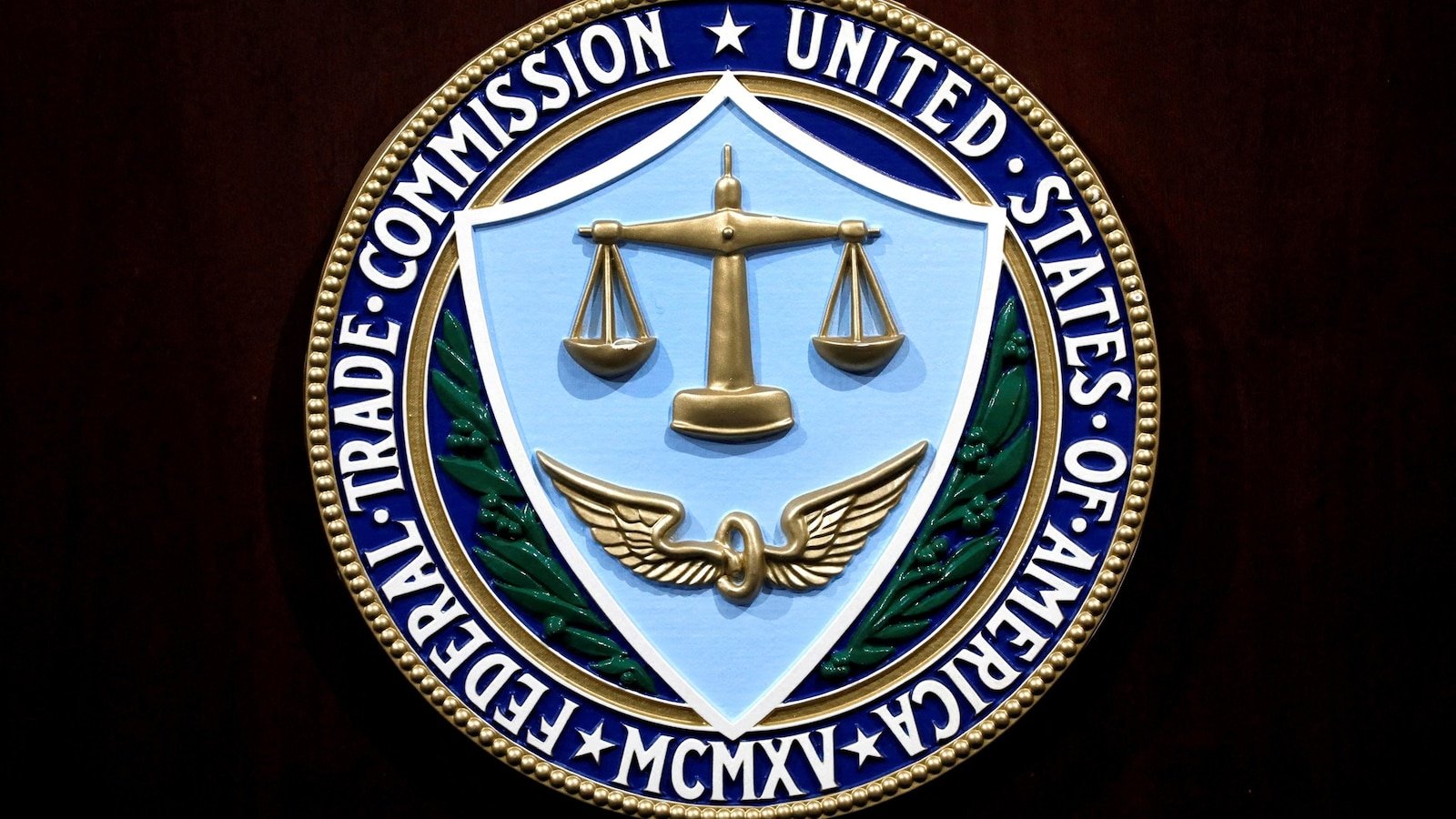Summary
The FTC has finalized a rule banning “junk fees” for hotels, live-event tickets, and vacation rentals, requiring businesses to disclose total prices upfront.
Set to take effect in April 2025, the rule could save consumers 53 million hours and $11 billion over a decade by eliminating surprise charges like “resort fees” at checkout.
While business groups, like the U.S. Chamber of Commerce, oppose the rule as overregulation, FTC Chair Lina Khan asserts its legality and bipartisan support.
The rule aligns with the Biden administration’s broader efforts to lower costs amid ongoing inflation.



Oh bullshit - if every “option” costs the same after adding hidden mandatory fees, then you’re not providing “price points”, you’re just straight up deceiving the customer!
Nobody has ever looked at hidden fees and thought they benefited from their existence.
Exactly. They can still do all the line item hijinks and market segmentation they want, they will just have to do it up front and not ignore the discretionary price that they are charging.
Businesses already get a huge break in the US by not having to advertise prices inclusive of taxes and government fees. They can at least tell us how much they’re choosing to charge us.